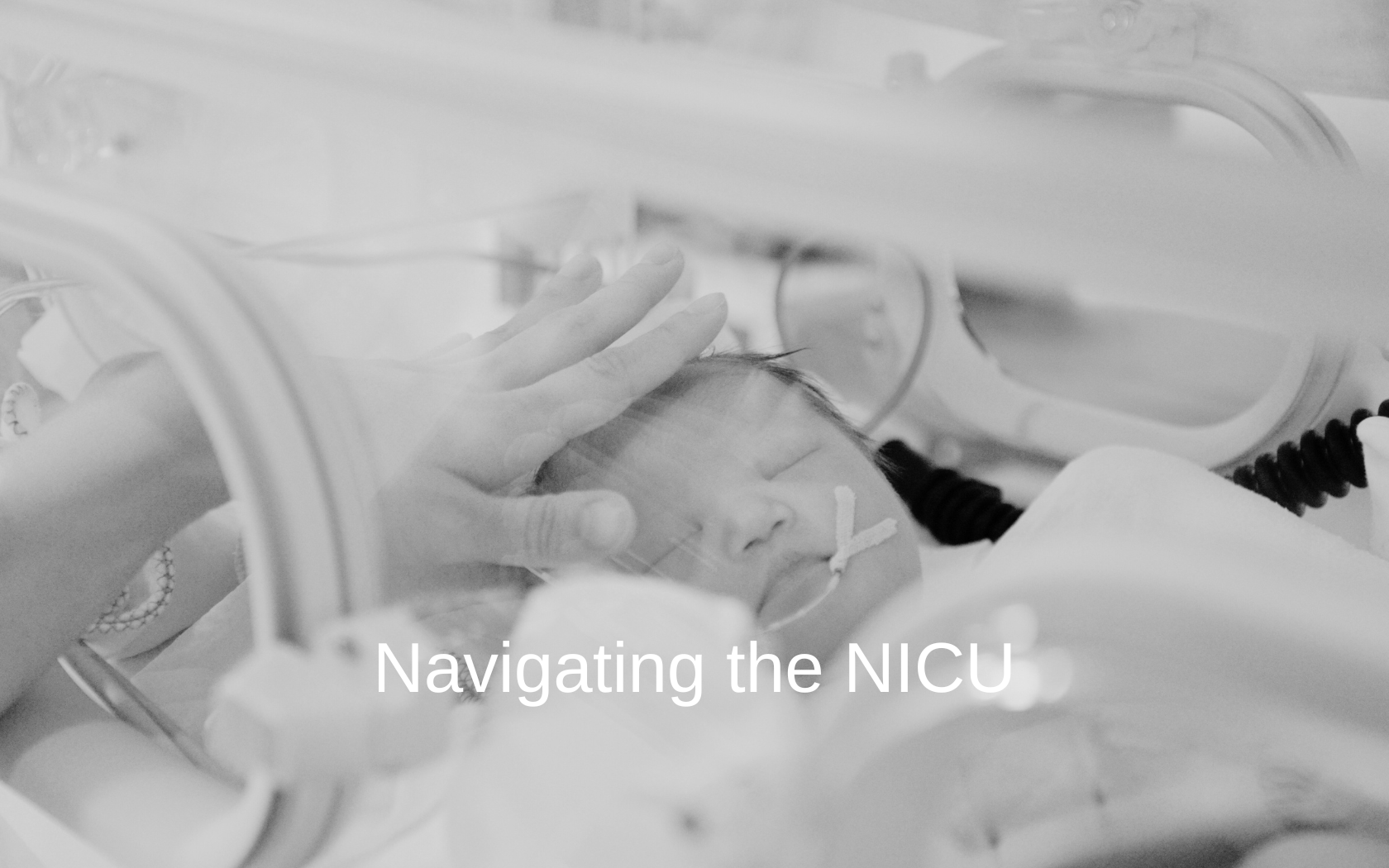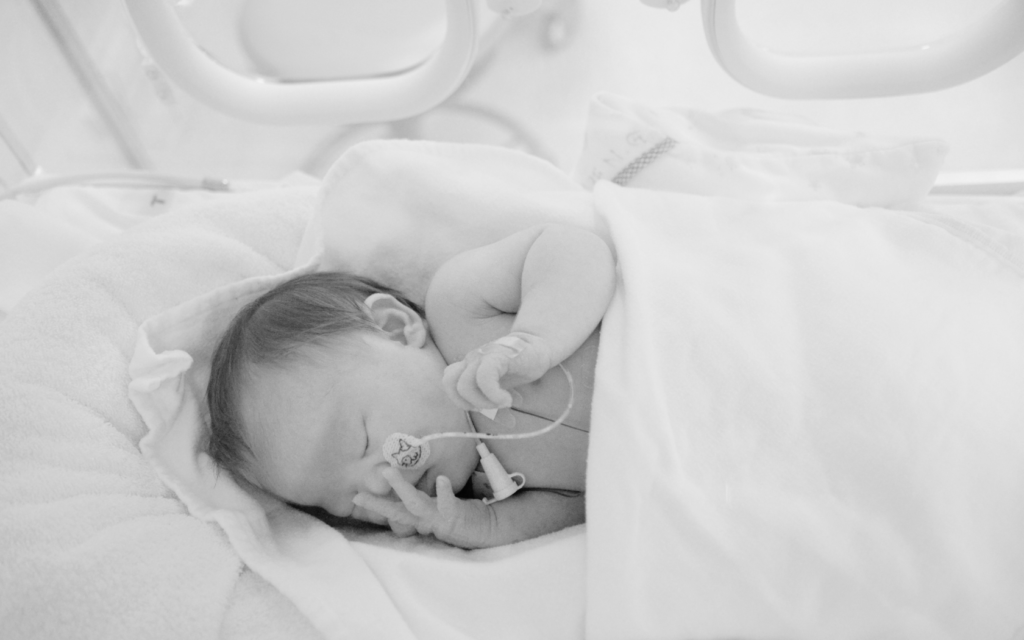When your baby is in the NICU, it can feel like your parental rights are stripped away. You can’t take her home or hold her in your arms whenever the urge strikes.
You may not even be able to feed, bathe, or clothe her. This can leave you wondering, ”What are my rights as a NICU parent?”

NICU Parental Rights
Your child’s medical needs are the primary focus of his stay in the NICU. But that doesn’t mean you have no say in what happens to him. Here are some examples of the responsibilities and rights of NICU parents:
- Informed consent. You have the right to know “what’s going on.” Sure, doctors and nurses may have more medical knowledge than you. But that’s not an excuse to keep you in the dark. Medical professionals should explain procedures, medications, and any potential complications in a way that you can understand. This allows you to make informed decisions about your child’s care.
- Access to medical records. Hospitals may have specific procedures for requesting and obtaining these records. But you should be able to review them upon request.
- Participation in care decisions. It might seem like healthcare workers are calling all the shots. But you have the right to participate to some extent in the decisions they make. You can have discussions with the medical team about treatment options, and make decisions about life support or interventions.
- Privacy and confidentiality. Your child’s medical information should be kept confidential. You should be informed about who has access to your child’s medical records and under what circumstances.
- Visitation. After birth, your child may be whisked away for medical care. This can leave you feeling angry, sad, and helpless. When you’re finally allowed to visit your child, you may even feel disconnected from them. Know that you will have the right to visit them as soon as it’s safe to do so. And while you may not be able to hold them at first, that time will come. Ask the NICU staff about visiting hours and policies so you’ll know exactly what to expect.
- Breastfeeding & pumping. Feeding the baby his first “meal” can be difficult even under normal circumstances. A NICU stay can make it even harder. But you have the right to seek support for breastfeeding or pumping for your baby, even if they are in the NICU. You also have the right to choose whether to formula feed or breastfeed.
- Emotional support. Your baby’s needs take center stage during a NICU stay. But it’s essential to recognize your physical and emotional needs as well. Many NICUs offer support services for NICU parents, such as counseling or support groups. Don’t hesitate to ask for support if you need it.

Questions to Ask NICU Nurses and Doctors
Oftentimes parents of NICU babies want to understand their child’s condition, and they want to be more involved in their care. The problem is, that they don’t know what questions to ask. Or they’re so sleep-deprived and exhausted, that they may even “draw a blank” when the doctor asks, “Any questions?”
This is why we suggest keeping a notebook or journal about your child’s health progress. You can write down questions whenever they pop into your head. That way you can ask them as soon as you get the chance. It may also help to write down the names of NICU staffers and doctors who are involved in your child’s care.
Here’s a list of questions you may want to ask NICU nurses and doctors:
- What is my child’s diagnosis?
- What does this diagnosis mean for my child’s long-term health?
- Why is my baby on a ventilator?
- Why did you prescribe this medication?
- What do the results of my baby’s lab tests or imaging show?
- Why does my baby need to undergo this surgical procedure?
- Can you explain the equipment and monitors my baby is connected to?
- What are the goals for my baby’s NICU stay?
- What support for NICU parents does this hospital offer?
- When can I hold or interact with my baby?
- How will my baby’s progress be monitored, and how will I be updated?
- What signs should I watch for to know if my baby is improving or if there’s a problem?
- What is my baby’s current weight, vital signs, and progress?
- Can you explain any changes in my baby’s medications or treatment?
- What tests or procedures will my baby undergo today or in the coming days?
- What should I do to prepare for my baby’s transition home?

Frequently Asked Questions About the NICU Experience
Besides “What are my rights as a NICU parent?” here are some popular questions NICU parents and their families/friends ask:
Can you discharge your child from the NICU?
You have the legal right to sign your child out of the hospital and refuse further treatment. But this is considered discharge against medical advice. If doctors believe it is in your baby’s best interest to stay, they may get Child Protection Services involved.
Discuss the issue with your child’s physician. You may believe your baby is well enough to leave, but doctors may see something that you don’t. NICU care is costly, so it’s rare for doctors to keep a child there if it isn’t necessary.
What are the requirements to leave the NICU?
Specific requirements for NICU discharge can vary widely. They depend on the baby’s individual circumstances, the hospital’s policies, and the country’s healthcare regulations. But in general, here’s what may need to happen to send your little one home:
- Vital signs are stable
- Can eat, either by breastfeeding, bottle-feeding, or tube-feeding
- Gaining weight
- Breathing without respiratory support, such as a ventilator or CPAP (Continuous Positive Airway Pressure)
- Can maintain body temperature
- If taking medications, the baby’s condition is stable while on medication
- Passing certain tests, such as hearing screenings or cardiac evaluations
- Parents are prepared to care for baby at home
- The home environment is suitable for the baby’s needs
Is it Okay to not visit your baby in the NICU?
It’s best to ask your nurse and staff because there is no one-size-fits-all answer to this question. Many nurses voice concern about mothers who can’t visit their babies often in NICU because of how critical the mother is to bonding, the baby’s development, and overall ability to survive and thrive. But every situation is different, and there may be certain cases where the mother cannot visit her baby in the NICU.
How often should you visit your baby in the NICU?
This is one of the questions to ask NICU nurses and staff. The answer will depend on the NICU’s policies, the baby’s health, and your own health. Some NICUs have open visitation policies; parents can visit their baby at any time. Others offer specific visiting hours.
What do parents need in the NICU?
Caring for a baby in the NICU can be emotionally and physically exhausting. Parents need to find a balance between spending time with their babies and taking care of themselves. That includes getting enough rest. Many hospitals offer support for NICU parents, which may include:
- Access to mental health professionals or counselors who specialize in NICU-related stress and emotions.
- Support groups or peer support from other parents who have been through similar experiences.
- Educational resources to help them learn about their baby’s condition, the equipment being used, and the care required.
- Medical staff including neonatologists, nurses, and social workers, can provide emotional support, medical information, and guidance on the care of the newborn.
Support for NICU parents can take many forms. They may also need:
- Clear and regular communication from the NICU staff
- Flexibility from employers so they can spend time in the NICU and attend medical appointments.
- Privacy and bonding time with the baby
- Help with daily tasks, such as meal delivery or house cleaning
- Information on available resources for financial assistance, insurance coverage, and government programs that can help with medical bills.
- Assistance with advocating for the baby’s needs and rights within the NICU.
- Legal advice when doctors are negligent with the baby’s care
If you have specific questions about your rights as a NICU parent, or you believe negligence is responsible for your child’s condition, you should seek legal advice right away. Click here to read helpful information about selecting a birth injury law firm.
The attorneys at Hampton & King are birth injury experts. We provide compassionate legal support for NICU parents whose children are victims of medical malpractice. Schedule your free consultation here.




